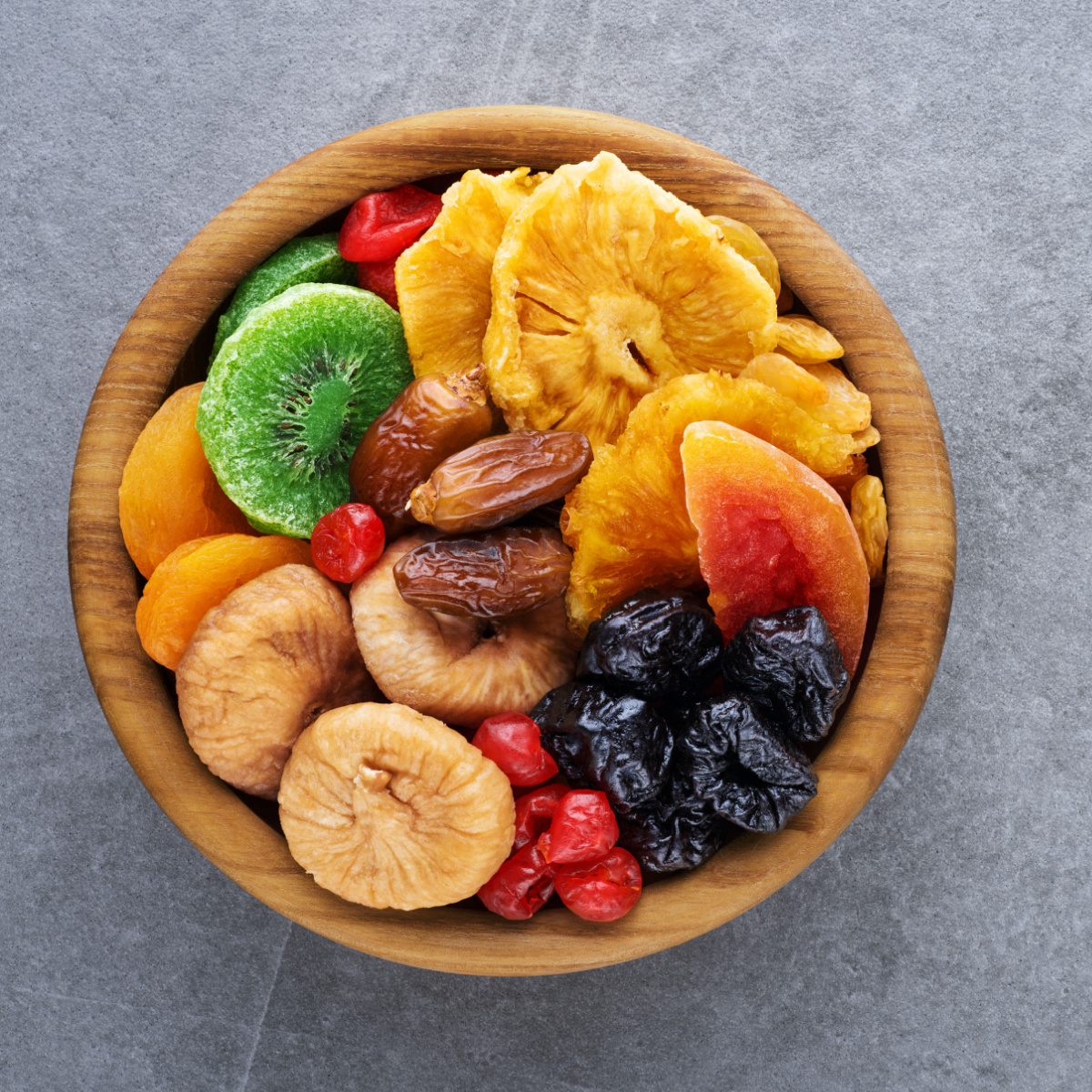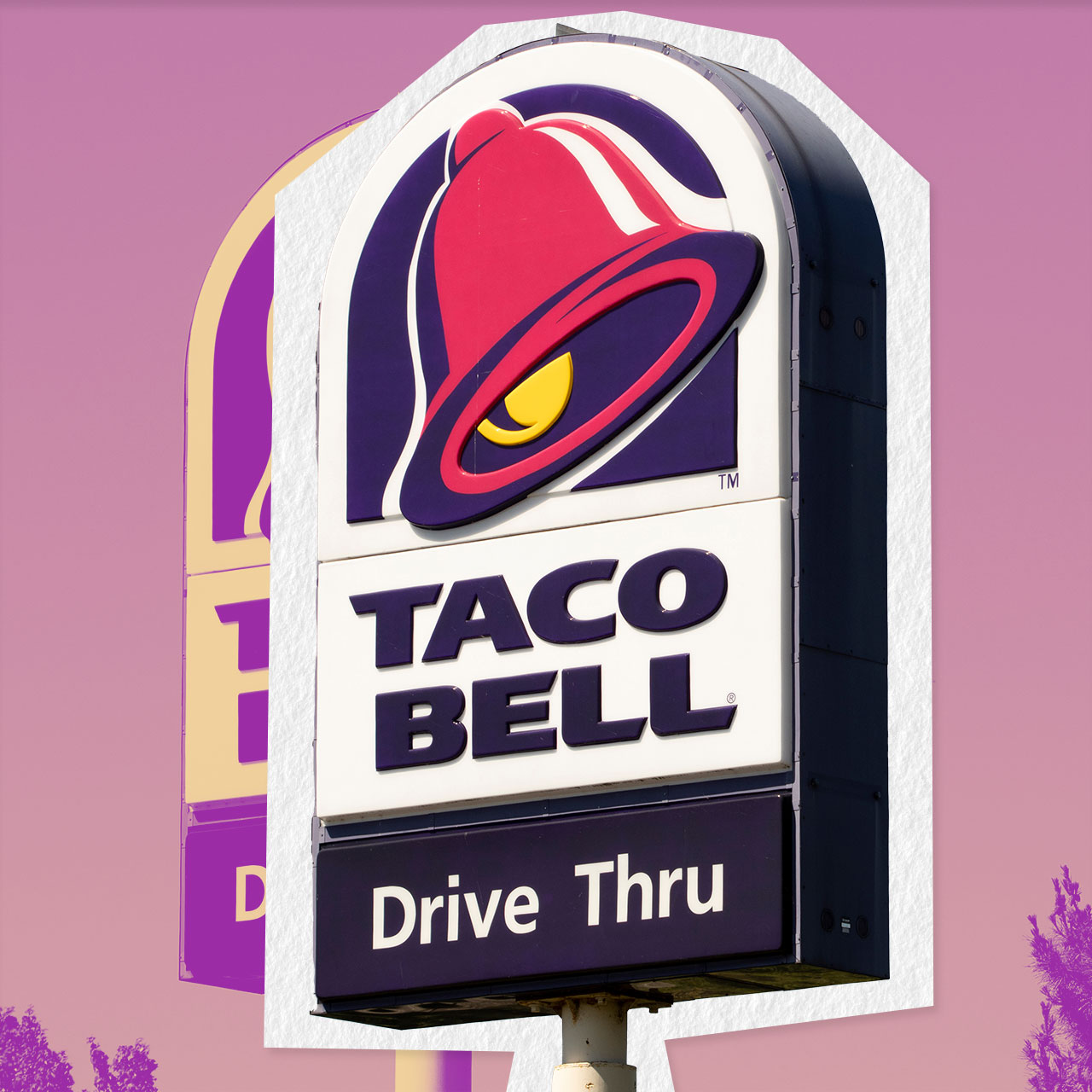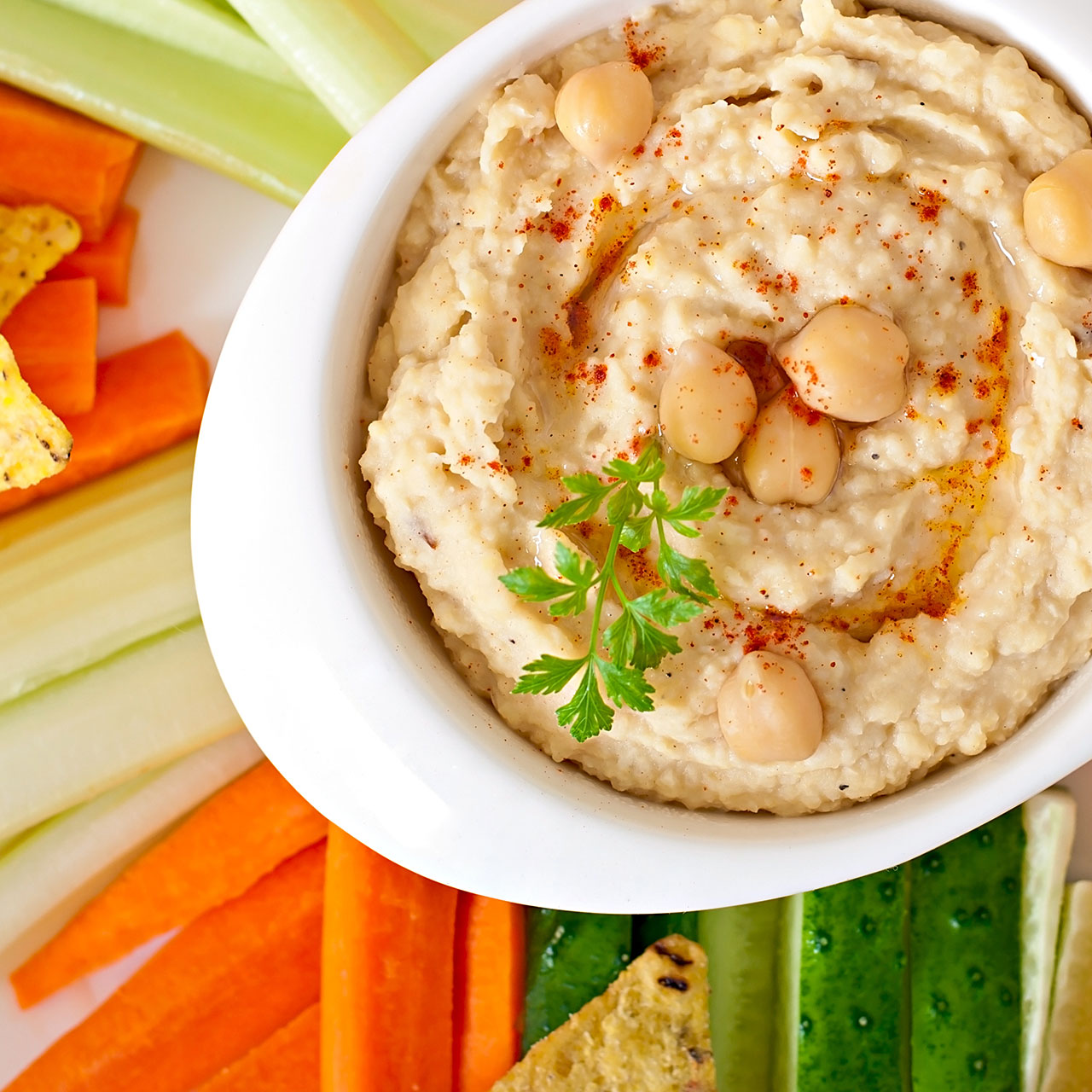Healthy eating is a fundamental pillar of a balanced lifestyle, but it’s essential to navigate the world of food labels with a discerning eye. While many foods are marketed as healthy choices, some may inadvertently contribute to weight gain if consumed in excess or without careful consideration. We’ll shed light on how certain foods labeled as nutritious can potentially lead to unwanted weight gain, emphasizing the importance of mindful choices in our quest for better health.
We spoke with Mary Sabat, MS, RDN, LD, to learn about the two seemingly healthy foods that could actually pack on more weight if eaten in excess. Sabat shared that dried fruits and coconut oil are the two culprits we should limit. Read on to learn more.


Dried Fruits
Dried fruits, often perceived as a wholesome snack due to their concentrated nutrients and natural sweetness, can be a double-edged sword when it comes to weight management. While they do offer essential vitamins and minerals, they are also calorie-dense and high in natural sugars. Without portion control, consuming dried fruits can lead to excess calorie intake, potentially contributing to weight gain over time.
"Dried fruits are concentrated sources of natural sugars and nutrients. However, the drying process removes water content, making them smaller and easier to consume in larger quantities. This can lead to overeating and consuming more calories than intended," Sabat says.
It's crucial to enjoy them in moderation as part of a balanced diet, taking into account their calorie content, to reap their nutritional benefits without compromising your weight management goals.

Coconut Oil
Coconut oil, often promoted as a health-conscious alternative to traditional cooking oils, has sparked debate regarding its impact on weight gain. While some suggest that the unique fatty acids in coconut oil may boost metabolism, others caution against its consumption in excess. Coconut oil is calorie-dense, and overindulgence can contribute to weight gain. Additionally, its high saturated fat content, while largely consisting of medium-chain triglycerides (MCTs), should still be monitored as excessive saturated fat intake can have adverse effects on cardiovascular health.
"Coconut oil gained popularity for its health benefits, but it's high in saturated fat. While moderate consumption can be part of a healthy diet, excessive use can contribute to excess calorie intake and weight gain," Sabat states.
Therefore, moderation is key when incorporating coconut oil into one's diet to enjoy its potential benefits while safeguarding against unintended weight gain.


























